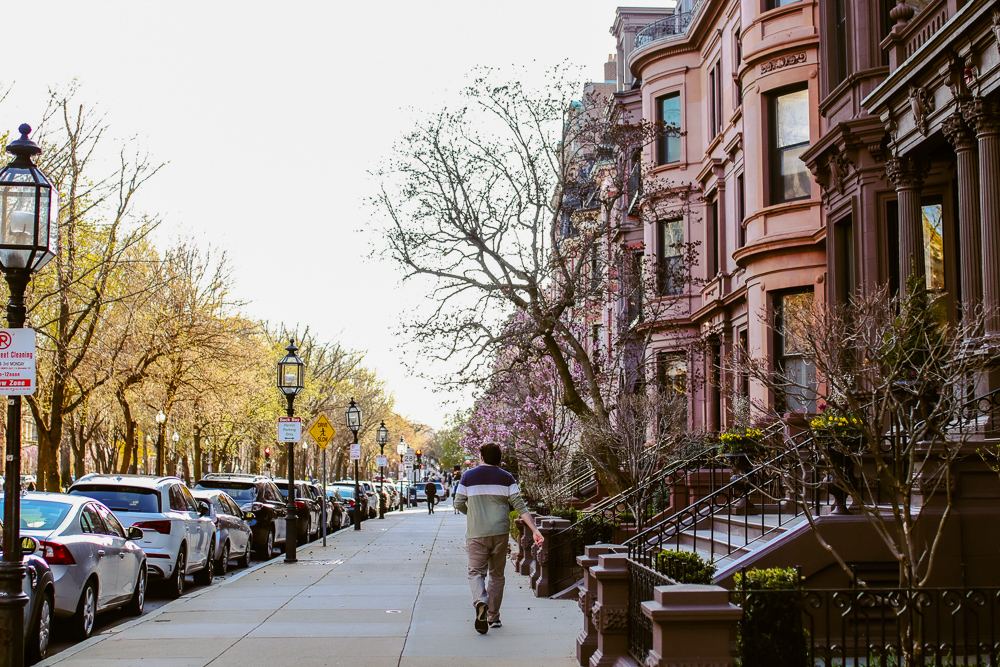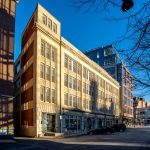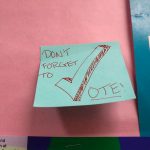
Mayor Michelle Wu announced $106 million in homeownership investments to Boston residents April 26 in an effort to address the city’s housing crisis and racial wealth gap, according to a press release.
The investments aim to provide affordable homeownership opportunities to Black, Indigenous and People of Color and first-generation homebuyers, the press release stated.
“Homeownership is so critical to our goals and our future as a city. It’s crucial to building generational wealth and long-term stability for families,” Wu said at a press conference in Dorchester. “I couldn’t think of a city with more committed community partners and leaders and grassroots organizing efforts.”
Wu’s office plans to invest $60 million through the American Rescue Plan Act and $46 million in city funds over the course of three years, the press release stated.
ARPA’s funds will be invested into increasing the number of affordable housing, supporting the down payment assistance program and expanding the ONE+Boston program — a city program that offers significantly reduced mortgage rates to eligible homebuyers.
Applicants for the ONE+Boston program must be first-generation buyers and current Boston residents. In addition, they have to take a homebuyer class which is offered by 46 different organizations across Massachusetts.
Wu also addressed racial inequality in housing at the press conference.
“We are moving against a legacy and generations of actions before that have built up barriers, specifically in the way for families of color, because of decades of discriminatory lending practices [and] a history of redlining,” she said.
In Boston, 44% of white households are homeowners, 31% of Black or African American households are homeowners, 30% are Asian or Pacific Islander and 17% are Hispanic or Latinx households, according to the press release.
Beverly Williams — co-chair of the Great Boston Interfaith Organization, which advocated for the funding — said GBIO communicated with 1,700 of its members and through their feedback decided to focus on housing justice and affordability issues.
“The dollar amount that went into your budget, the American Rescue Plan Act and city budget for housing, is the largest ever, and this should be celebrated,” Williams said at the press conference.
However, Williams noted the city council still needs to approve the proposed ARPA funding before it can be put to use.
“It’s American rescue plan money, and we are not the only people out there asking for money,” she said. “We have to really make sure that the Council supports this.”
The Massachusetts Affordable Housing Alliance — an organization that offers first-time and first-generation homebuyers pre-and post-purchasing classes — initiated the Saving Toward Affordable Sustainable Homeownership program, which provides “a matched savings of $2,000 for a down payment on a house in Massachusetts.”
“Both programs [STASH and ONE+Boston] are slated to help predominantly people of color that are low to moderate-income that would otherwise not be able to afford a home,” the executive director of MAHA, Symone Crawford, said.
Crawford said the City’s financial assistance program and the Homeowner Assistance Fund launched by the state can also help individuals who may not qualify for the ONE+Boston or STASH programs.
According to Wu’s office, the ONE+Boston and the FAP program assisted more than 150 households in buying their home — including 60% of the BIPOC population of homeowners.
“We know that the lack of financial capital for closing costs and down payments is one of the most significant barriers to homeownership for BIPOC and first-generation homeowners,” stated City Councilor and Chair of the Committee on Housing and Community Development, Kendra Lara, in the press release. “This level of investment in the FAP and ONE+ program will ensure that we’re removing those barriers.”
Wu said the $106 million homeownership investment is not the end of the housing crisis.
“I want to note that $106 million for homeownership is not enough. It is still just a drop in the bucket,” Wu said. “But we are trying to change that bucket and rebuild the entire system.”















I wonder how many single disable folks of any class own homes. Hmmm.